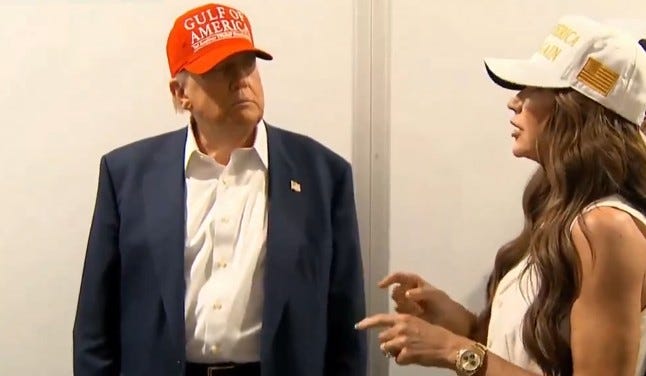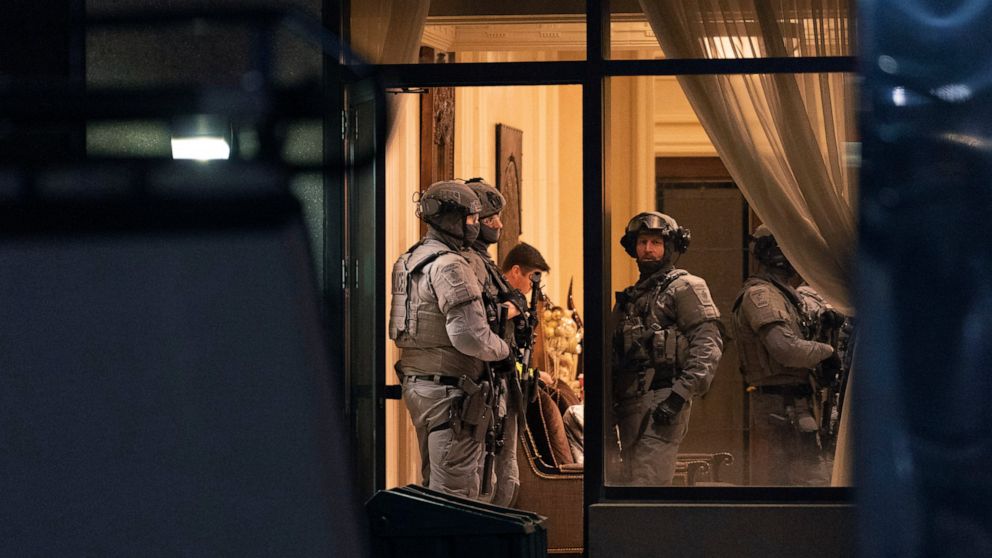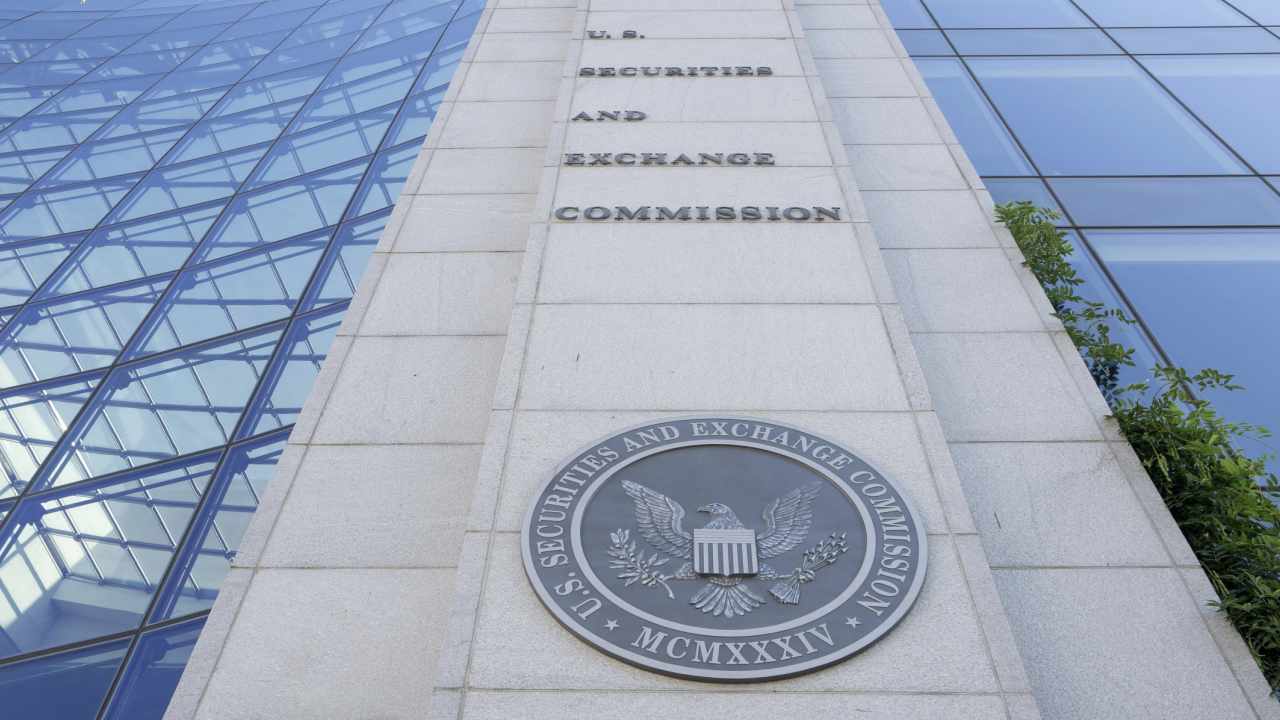A sweeping government spending deal reached in the Senate early Tuesday would bring a much-needed funding boost to the agency that oversees collective bargaining in the private sector.
Labor unions have spent recent weeks pressing lawmakers to steer more money to the National Labor Relations Board, which conducts union elections and investigates unfair labor practices. The agency’s leaders recently said its financial situation had grown so dire that it would have to furlough employees, endangering its mission to protect workers’ rights.
But the Senate’s new framework for an omnibus spending bill would hike the NLRB’s funding to $299 million, an increase of $25 million a year. The agency’s funding has remained stagnant at $274 million since 2014, meaning its funding has gone down in real dollars.
The labor board’s general counsel recently told HuffPost that the agency’s work had become “unsustainable” due to the flat funding. Meanwhile, unions have grown concerned that a poorly equipped board could threaten recent organizing successes by letting employers off the hook for illegal union busting.
Organized labor has had a number of breakthroughs in the past year ― unionizing employees for the first time at Amazon, Starbucks, Apple and Trader Joe’s, to name a few ― and workers are seeking union elections at a rate not seen in years.
“Unions have grown concerned that a poorly equipped board could threaten recent organizing successes by letting employers off the hook for illegal union busting.”
The agency has struggled to keep up due to attrition. Total staffing at the NLRB has tumbled 30% since 2010, from 1,733 full-time employees to just 1,207. Most of those cuts have fallen on the regional offices that conduct elections and look into allegations that employers or unions have broken the law.
Liz Shuler, president of the AFL-CIO labor federation, said Tuesday that funding the labor board was a “workers’ rights issue.”
“For every employee who has faced retaliation, harassment or surveillance simply for wanting to join a union, strengthening the NLRB will make a difference,” Shuler said on Twitter.
Although the funding increase would be welcome, many believe it’s still not enough. The board asked for funding of $319 million this year, $20 million more than the Senate was willing to offer.
A group of progressive lawmakers had recently asked for a much higher level of NLRB funding ― $368 million ― but Republicans have opposed any increase at all for years.
Business groups recently pressed lawmakers not to increase the NLRB’s funding, claiming it was targeting small businesses.
Republicans and business lobbies have attacked the board over the years when it aggressively enforced workers’ rights, typically under Democratic presidents. Biden made appointments that reshaped the NLRB to be more friendly to workers and unions, a move certain to draw scrutiny from the incoming Republican majority in the House.
After the Senate released details of its deal, the union representing the agency’s staff tweeted Tuesday morning that its “national nightmare” might be coming to an end: “If passed by both chambers, the funding Armageddon we warned of has been avoided—for at least this year.”
The NLRB funding is really just a few peanuts in the Senate’s omnibus package, which includes $858 billion for the military and $772 billion for domestic programs. The deal still needs approval from the House, where Democrats hold a thin majority before Republicans take over next month.
Lawmakers must pass the omnibus spending deal or a shorter-term resolution by Friday or face a government shutdown.














